Can a Hospital Place a Lien on Your House in Colorado?
Learn about whether a hospital can put a lien on your house in Colorado and the legal implications. Discover property protection strategies, understand lien laws, and explore options for resolving liens with We Buy Houses in Denver.
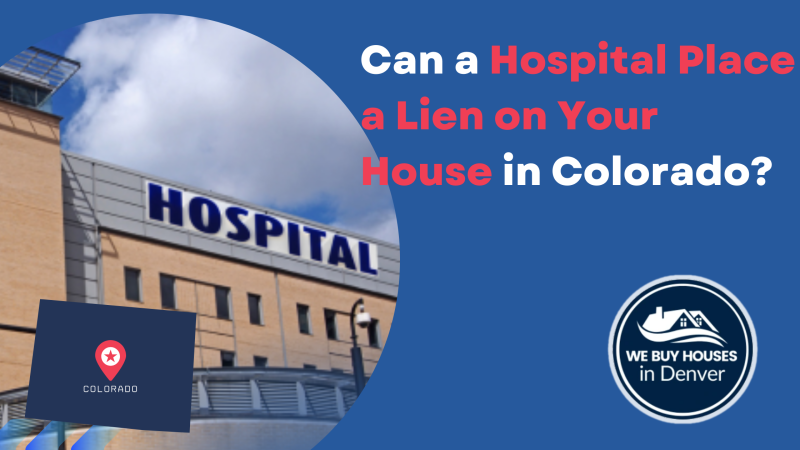
What Are Hospital Liens and How Do They Work?
The Basics of Hospital Liens
A hospital lien is a legal claim a healthcare provider can make on a patient’s property if the patient has unpaid medical bills. In Colorado, hospitals can use liens to ensure they get paid for their services. This means if you owe money for medical care, a hospital may put a lien on your property.

Colorado hospital lien laws allow hospitals to place a lien on your property until your medical debt is paid. This can make it difficult for you to sell or refinance your home because you must pay off the lien first.
How do hospital liens impact property rights?
When a hospital lien is on your property, it affects your property rights. Creditors gain certain rights over your property, which can stop you from selling or transferring it without clearing the lien. Understanding medical liens is important because, in some cases, there could be property seizure for medical debt. This means you could lose ownership if debts are not paid.
What is the legal framework for hospital liens in Colorado?
In Colorado, hospital liens follow laws outlined in the state statutes and by the Colorado Supreme Court. These Colorado revised statutes explain how hospital liens work. They ensure hospitals can collect what they’re owed, but patients also have some protections. Knowing these legal rules helps property owners protect their assets from hospital liens.
Can a Lien Be Placed on Your House for Medical Debts?
Yes, in Colorado, a lien can be placed on your house for unpaid medical debts. Homeowners with medical debt might face liens from creditors, including hospitals. This means the lien stays on your house until the debt is paid, affecting how you manage your property.
Circumstances under which a house lien can occur
Hospital liens happen when medical bills go unpaid. In Colorado, creditors use liens to secure payment. If a patient doesn’t pay a hospital bill, the hospital might place a lien on the property. Medical creditor rights allow this, so it’s important for homeowners to know how to guard their property.
Legal protections for homeowners in Colorado
Homeowners in Colorado have legal protections against liens for medical debts. Colorado’s homestead protection laws help keep a primary home safe up to a certain value. These exemptions offer a defense against hospital liens, helping homeowners protect their homes.
Knowing these legal rights is crucial for homeowners in Colorado facing potential hospital liens. Being aware can help manage financial issues related to medical bills. For advice on handling liens or selling properties fast, contact experts like We Buy Houses in Denver.
Why Might a Hospital Place a Lien on Property?
When you visit a hospital and get care, the hospital expects to be paid for its services. But sometimes, people can’t pay their medical bills. When this happens, hospitals might put a lien on your property. A lien is a legal way to ensure that the hospital can collect money owed for these unpaid bills. This is part of how hospitals try to get their money back. In states like Colorado, this practice is common because of certain hospital rules.
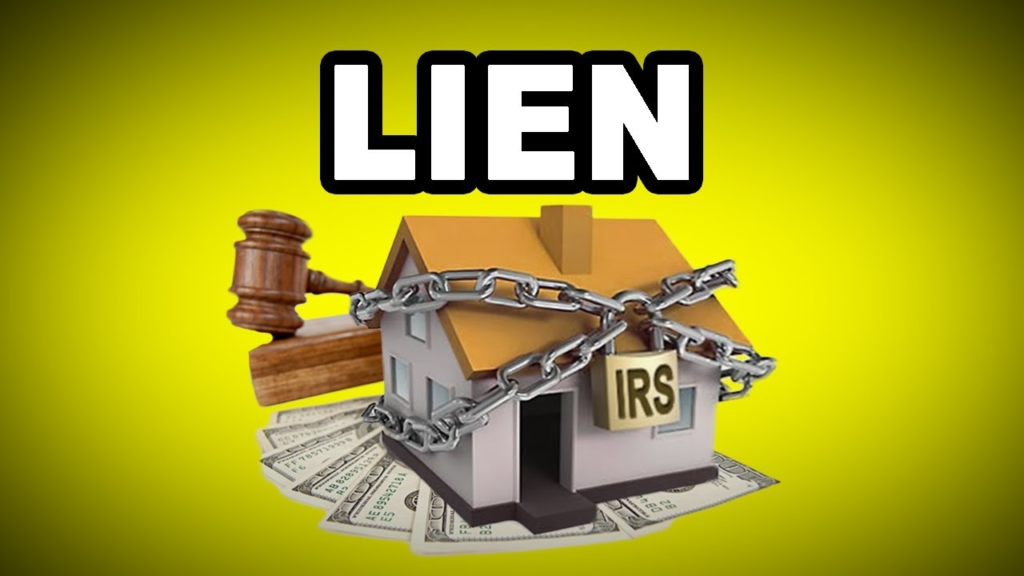
Reasons Hospitals Use Liens
Hospitals use liens to get back money from unpaid medical bills. A lien acts as a legal claim that lets the hospital enforce its right to be paid when patients don’t pay what they owe. In Colorado, the process of collecting hospital debt includes using liens to make sure healthcare costs are eventually covered. Hospitals file liens to protect their financial interests.
Impact on Homeowners
If a lien is placed on your home, it can have a big effect. It can be harder to sell or refinance your house until you pay off the debt. It can also hurt your credit report since a lien shows you have unpaid debt on personal assets. The effect on homeowners can be serious because the lien stays until the debt is paid. This can cause problems with managing credit and consumer debt. Homeowners have some options, like setting up payment plans or talking to financial advisors to deal with property lien issues.
For those living in Colorado who face liens due to medical debt, knowing about these processes and impacts is very important. At We Buy Houses in Denver, we aim to help homeowners facing these challenges by offering useful resources.
How Can You Prevent a Hospital from Putting a Lien on Your Property?
Proactive Steps to Avoid Liens
Preventing hospital liens is all about managing medical bills before they become a problem. Here are some easy steps to help keep your property safe from liens:
- Understand Medical Liens: A hospital lien is a tool hospitals use to make sure they get paid for treatments, especially after an accident. Knowing how these liens work can help you act quickly.
- Payment Arrangements: Talk to the hospital early and set up payment plans you can afford. This can stop your bills from being sent to collections.
- Negotiate Bills: Chat with the hospital’s billing department about lowering your bills. Point out any mistakes or ask for discounts to reduce what you owe.
- Seek Financial Assistance: Many hospitals have programs to help with bills. Apply for financial assistance or charity care options to cut down on your hospital expenses.
- Insurance Policies: Make sure your insurance covers as much as it can. Call your insurer to understand your policy better and double-check that everything is covered.
By taking these steps, you can manage your medical debt effectively and avoid dealing with hospital debt collection. If you live in Colorado, these steps fit well with local practices.
Legal Rights and Protections
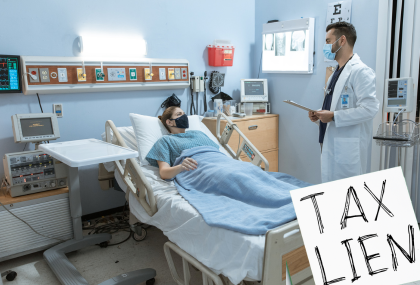
Knowing your legal rights helps you deal with hospital liens. Here’s what you should know:
- Homeowner Rights: People who own homes in Colorado have protections against liens. Learn about these to keep your property safe.
- Hospital Lien Laws in Colorado: These laws tell hospitals when they can place a lien. Understanding them helps you resolve disputes and prevent liens.
- Property Exemption Laws: Some laws can protect your main home from liens. The Colorado homestead protection is one example.
- Statute of Limitations: Find out how long hospitals have to claim a lien. If they miss this time frame, they can’t enforce it anymore.
- Legal Consultation: Talk to a lawyer for advice specific to your situation. There are many legal aid services available if you need help understanding these issues.
- Support from Legal Aid: Look for organizations that offer free or cheap legal help if you’re dealing with liens. Check out resources in your area.
By learning your rights and seeking professional guidance, you can protect your property from claims. This advice is especially helpful for Colorado residents facing hospital lien challenges.
What Can You Do If a Hospital Has Placed a Lien on Your House?
Challenging Incorrect Liens
If a hospital places a lien on your house, it might seem scary. But you can challenge incorrect liens. Here’s how:
- Check the Details: Look closely at the lien information to see if everything is correct. Spot any billing errors or mistakes.
- Know Your Legal Rights: Learn about the Colorado lien statutes or laws in your area. This helps you see if the lien is valid.
- Resolve the Dispute: Contact the hospital’s billing department and ask them to explain the lien. Sometimes small errors can be fixed without going to court.
- Go to Court: If talking with the hospital doesn’t work, you might need to go to court. This means officially challenging the lien.
By following these steps, you may get the lien removed.
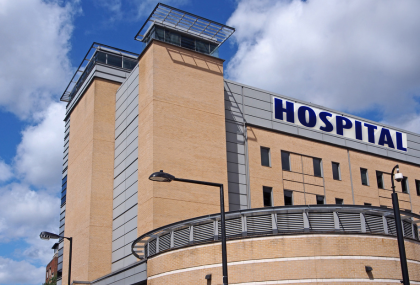
Legal Assistance for Homeowners
Getting legal help is important if you’re dealing with a hospital lien. A good attorney can help you negotiate and defend against liens. Here’s how to find the right help:
- Research Attorneys: Look for an attorney who knows about real estate or healthcare-related liens.
- Check Their Experience: Make sure the attorney has worked with hospital liens before.
- Learn the Process: A good attorney will guide you through the lien release process and explain each step.
- Find a Good Negotiator: Pick someone who is good at negotiation. They might lower the lien amount or get it removed.
Having professional help reduces stress and improves the chances of a good outcome. We Buy Houses in Denver knows that dealing with liens can be tough, and legal guidance can make it easier.
Navigating Colorado’s Laws on Hospital Liens
Overview of Relevant Colorado Statutes
In Colorado, knowing how hospital lien laws work is important. The Colorado Revised Statutes explain how hospitals can use liens on property to get paid for medical services. These laws describe the rights of both hospitals and patients, showing what happens if a hospital files a lien. It’s important to know your rights against hospital liens to protect your property. Colorado lien statutes also set rules on how these liens should be applied fairly.
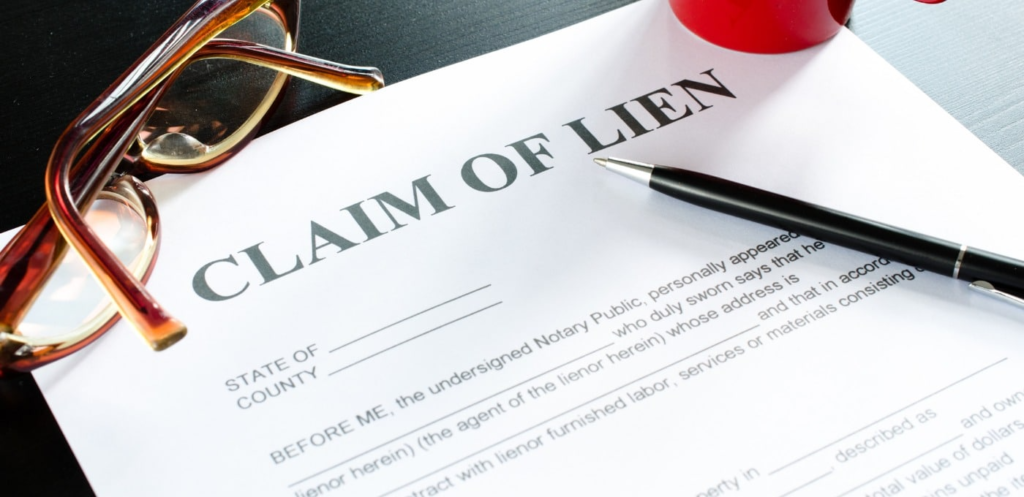
Key Legal Statutes Regarding Hospital Liens
In Colorado, certain laws explain how hospitals can claim unpaid medical bills by placing liens on property. The hospital lien laws in Colorado tell us how to enforce these liens and what rights patients have. Understanding these rules helps you see how liens are managed and what it means for you.
Obligations of Hospitals Under State Law
Hospitals in Colorado must follow certain rules as healthcare providers. These hospital policies require them to obey state laws when dealing with liens. Colorado laws guide how hospitals should act when filing liens, highlighting their responsibilities. This includes making sure all actions related to liens are legal and clear.
Seeking Resolution and Settlement
Solving problems with hospital liens often involves talking and settling. There are ways to deal with property seizure due to medical debt. There are options to discharge liens and settle hospital bill issues through negotiation. Working with hospitals to settle bills can help release the lien, offering a way to solve financial problems smoothly.
Exploring Settlement Options with Hospitals
When facing hospital liens, looking at different settlement choices can help. Hospitals might offer negotiation chances or financial assistance plans to settle liens. Using good debt resolution strategies can make managing medical debts easier and less stressful.
Pathways to Resolve Debts and Remove Liens
There are many ways to solve debts and remove liens in Colorado. Knowing about medical debt collection and legal defense for liens can lessen financial stress. Finding paths to debt relief and solving financial responsibilities, like negotiating lien removal, can provide comfort and clarity for those dealing with hospital liens. We buy houses in all cities in Colorado, including Colorado Springs, Denver, Arvada, Fort Collins, Lakewood.
Frequently Asked Questions
What happens if I can’t pay my hospital bills in Colorado?
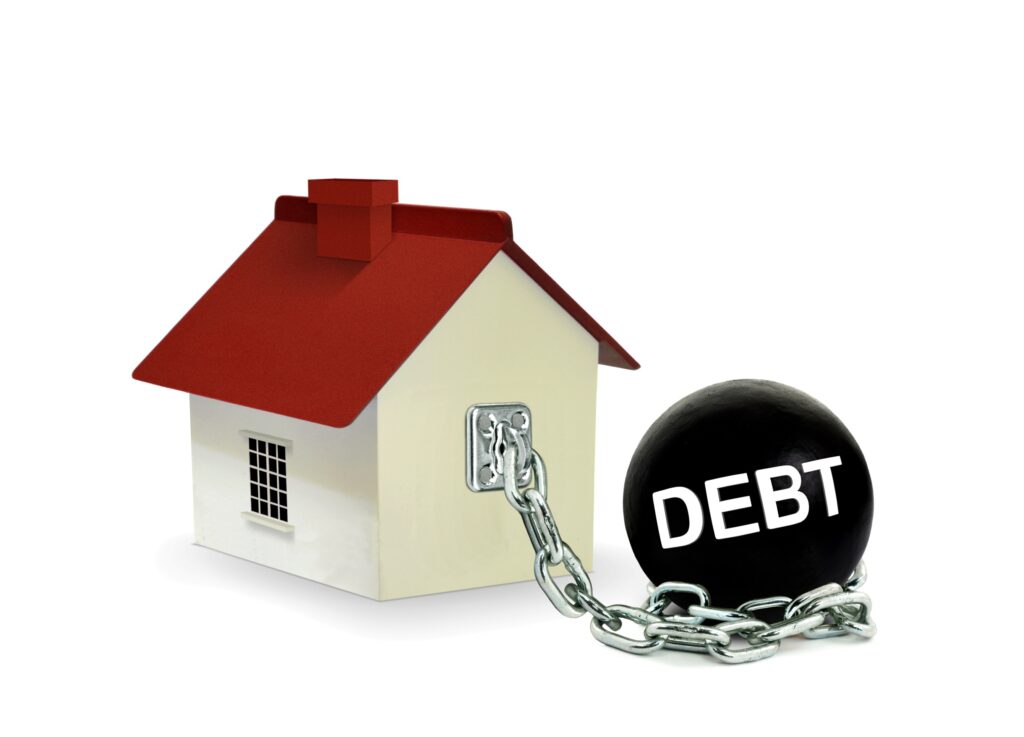
If you can’t pay your hospital bills in Colorado, the hospital might try to get the money back. They could work with a bill collection agency or take legal steps that could lead to a lien on your property. It’s important to talk to the hospital about your money problems and see if you can set up a payment plan or find other ways to pay the debt.
Can hospitals place a lien on my house for unpaid bills?
Yes, hospitals can sometimes place a lien on your property if you don’t pay your medical bills. This means they are claiming part of your property until the debt is paid. Knowing about creditor rights and debtor protections can help you deal with this.
How can I protect my home from being seized for medical debt?
To keep your home safe from being taken because of medical debt, learn about your rights. Colorado has laws that might protect your home, like the homestead protection laws. Talking to a lawyer can help you understand how to keep your house safe and what you need to do to limit financial obligations.
What should I do if I receive a notice of a lien on my house?
If you get a notice of a lien on your house, talk to a lien attorney or get legal advice right away. They can help you understand the lien process, how liens are placed, and what you can do to negotiate or settle the lien to avoid losing your property.
Are there any programs to help with medical debt in Colorado?
Yes, Colorado has programs like debt relief and hospital debt forgiveness plans. These programs aim to make it easier to handle medical bills and offer strategies for managing debt.
What are judgment liens and how do they affect my property?
A judgment lien is when a court says a creditor can claim your property because of unpaid debts. This can affect owning your house by possibly lowering its value or making it hard to sell. Checking your insurance coverage and knowing about creditor claims can help you deal with this.

How can I dispute a hospital lien on my property?
You can fight a hospital lien by collecting your financial records and getting legal help. Showing evidence of insurance claims or mistakes in hospital charges might help you during the negotiation process to remove the lien or when facing a debt lawsuit.
What should I know about medical bankruptcy and its impact?
Filing for medical bankruptcy might help you get rid of some debts, giving you a fresh start, but it will affect your credit score. It’s important to understand how this affects things like creditor lien rights and other obligations such as property tax liens. It’s a good idea to talk to experts who can help you with this tough topic.
Resources To Help You Sell A House In Colorado
Give Us A Call Now At 720-738-6020
If you need to Sell your house fast in Colorado, we promise to make you a fair, no-obligation, no-hassle offer. Take it or leave it. You’ve got nothing to lose.
Do you still have questions? Calling us could be the best decision you make all week!
